Cataracts represent a common ophthalmologic condition characterised by the clouding of the lens in the eye, which ordinarily remains clear. For those affected, this lens opacification can result in vision that is akin to peering through a fogged-up or frosted window. The resultant visual impairment can complicate everyday activities such as reading, driving at night, or recognising facial expressions. Typically, cataracts develop insidiously and may not significantly impact vision initially; however, over time, they progressively interfere with sight. In the early stages, adjustments such as enhanced lighting and updated eyeglass prescriptions can alleviate symptoms. Nonetheless, as cataracts advance, performing a cataract surgery may become necessary. Fortunately, cataract removal surgery is safe and it is an effective treatment procedure widely practised.

Book Appointment Download Brochure
Completely looking into the eye via specialised equipment, such as the ocular coherence tomography equipment, and performing other visual tests, such as the slit-lamp, are the first steps of diagnosing cataracts in a comprehensive eye exam. Concurrently, your ophthalmologist will slowly inspect both of your eyes by using torches that move in circles to create a specialised observation. Keep in mind that in some cases, some sort of aqueous misbalance may be caused by the degradation of the lymph seen in the iris.
This examination is particularly useful to measure the extent of visual impairment due to cataracts. In the test, you are asked to read the letters on the chart, i.e. Snellen chart, at various check distances that the doctor/technician will set. The results help in assessing how much the cataracts have affected your vision.
During the slit-lamp examination, the doctor uses a slit lamp to enlarge and illuminate the front part of your eye, so you can see more of the space clearly. An optical instrument of this type is designed to diagnose and assess the early retinal cataracts, i.e., when the lens becomes cloudy and hardens.
For your ophthalmologist to look at the back of your eye, the retina included, the pupil should be dilated using eye drops. The retina is examined using a specialised lens for indications of cataracts and other eye conditions that we need to note.
Furthermore, the eye clinic usually carries out a series of tests including glare, contrast, and potential acuity meter (PAM) to evaluate the extent of your cataract vision impairment under different light and viewing conditions.
Experience the Future of Cataract Surgery with LENSAR Robotics. LENSAR is the cutting-edge solution that has revolutionized cataract removal surgery. With advanced robotic precision and a blade-free approach, LENSAR offers unparalleled accuracy, computer-guided surgeries with unmatched precision and safety for each patient.
Advanced Phacoemulsification (PHACO) Micro Incision Cataract Surgery is a minimally invasive technique to remove cataracts and restore clear vision. Through a tiny incision, an ultrasonic device breaks down and gently removes the cloudy lens. An artificial intraocular lens is then inserted, leading to improved visual clarity. With no stitches required, recovery is quick, and discomfort is minimized. It's the modern standard for safe and effective cataract removal, providing rapid improvement in vision and quality of life.
Digital Guidance Cataract Surgery (VERION) is an advanced technology that enhances cataract surgery precision. Through preoperative imaging, it creates a personalized blueprint of the patient's eye, aiding the surgeon in accurate intraocular lens (IOL) alignment. Real-time guidance ensures improved visual outcomes and reduced reliance on glasses. Better precision, better vision. VERION is revolutionizing cataract surgery.
Intraocular Lenses (IOLs) are marvels of modern eye care, replacing the natural lens during cataract surgery or correcting refractive errors. They offer patients an opportunity to regain clear vision and improve their quality of life.
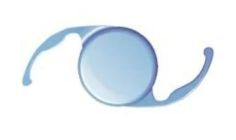
MONOFOCAL IOL
Clear vision at one distance, glasses may be needed for other ranges.
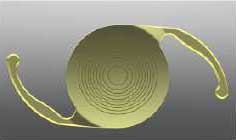
MULTIFOCAL IOL
Clear vision at multiple distances, reducing reliance on glasses.
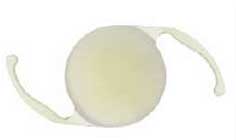
EDOF IOL
Continuous vision from near to intermediate, with reduced halos.

TRIFOCAL IOL
Clear vision at near, intermediate, and distance, providing seamless transitions.
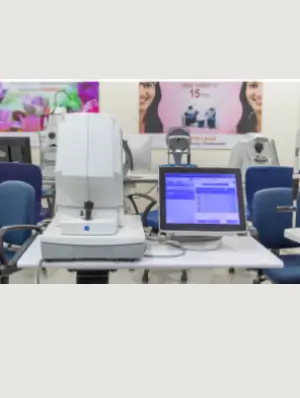
IOL Master 700
Advanced tool for precise eye measurements, aiding in selecting the right intraocular lens during cataract surgery, resulting in improved postoperative vision.
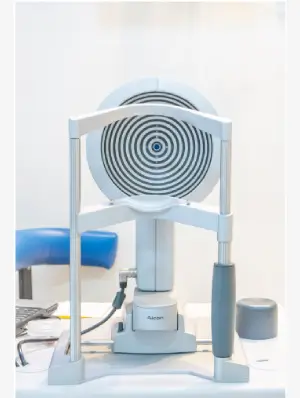
Topography
Provides detailed corneal mapping to detect irregularities, guiding cataract treatment decisions and ensuring optimal visual outcomes.
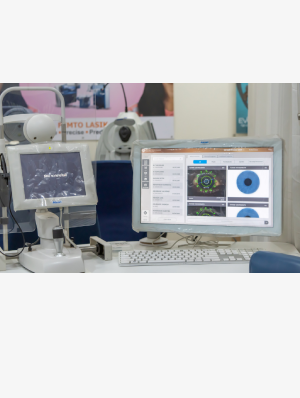
VERION
High-resolution imaging system that enhances cataract surgery accuracy, assisting with measurements, astigmatism analysis, and IOL alignment for improved postoperative results.
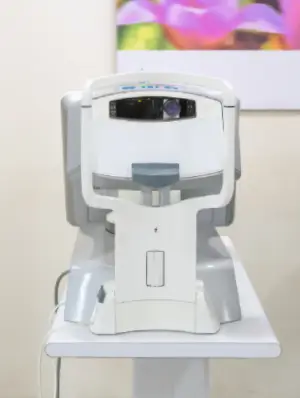
LipiView
Specialized test for tear evaluation, essential in addressing dry eye conditions before cataract surgery, leading to smoother recovery and better vision outcomes.
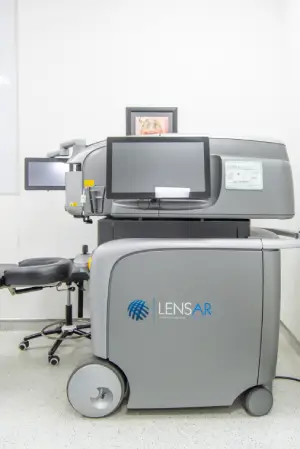
LENSAR

VERION
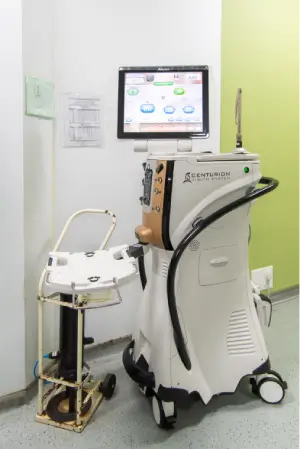
ALCON
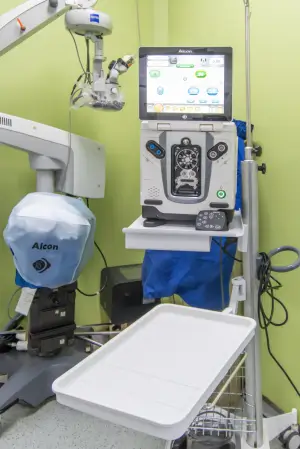
ALCON PHACO

Prior to the cataract removal surgery, a comprehensive evaluation is done to ensure the procedure is feasible for you. This includes measuring the size and shape of your eyes and talking about your past illnesses and current medications to the doctor.
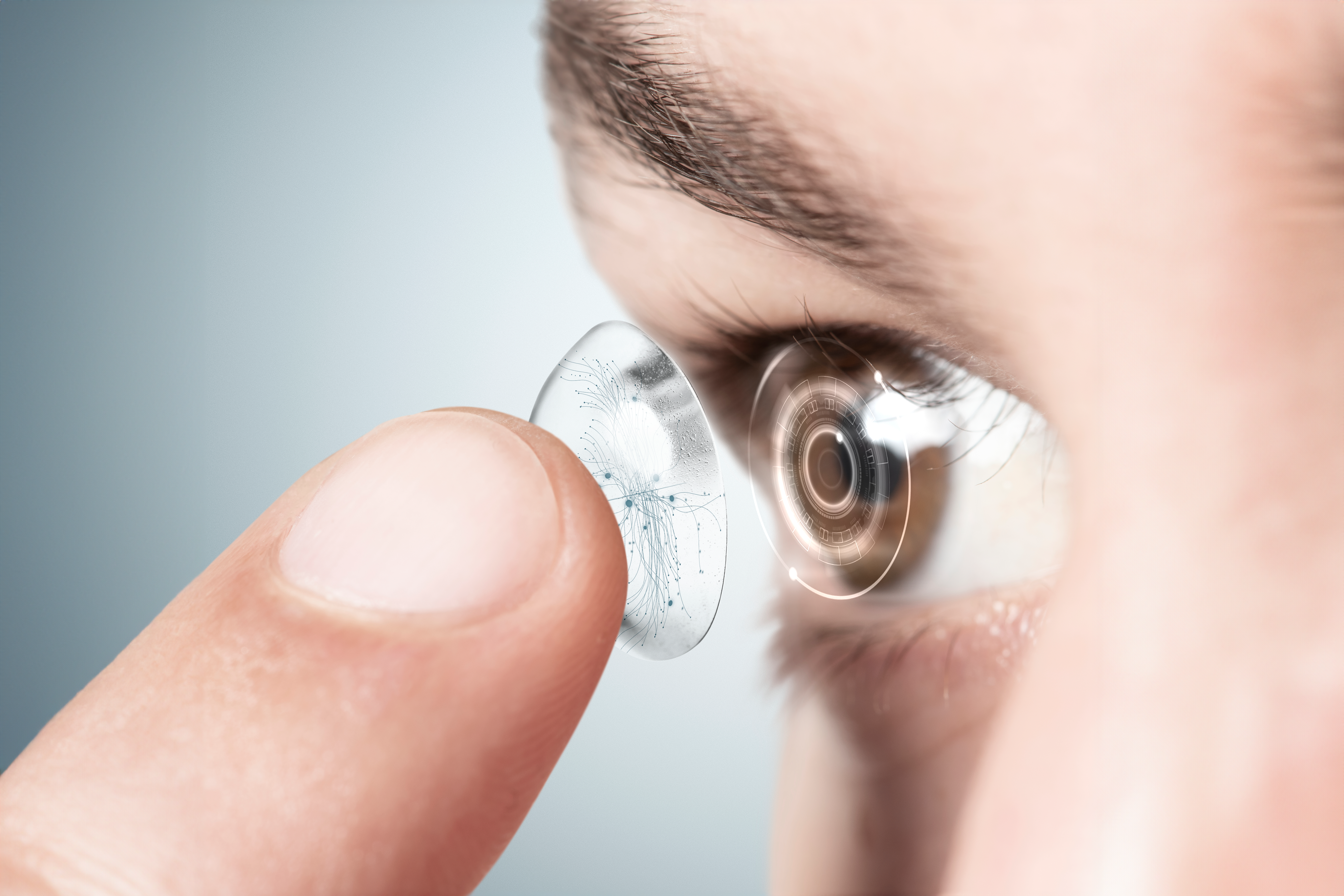
There are three kinds of IOLs: monofocal, multifocal, and toric lenses, and they treat individual vision abilities. The doctor will guide you in getting the superior lens that best fits your lifestyle and vision requirements, and will also help you activate the provided warranty with the same supplier of the lens.

On the day of the procedure, local anaesthesia will be applied to numb your eye and a sedative will be given to relax you. It usually takes about an hour and you can go back home once you're done. However, to aid you, a companion will have to accompany you.
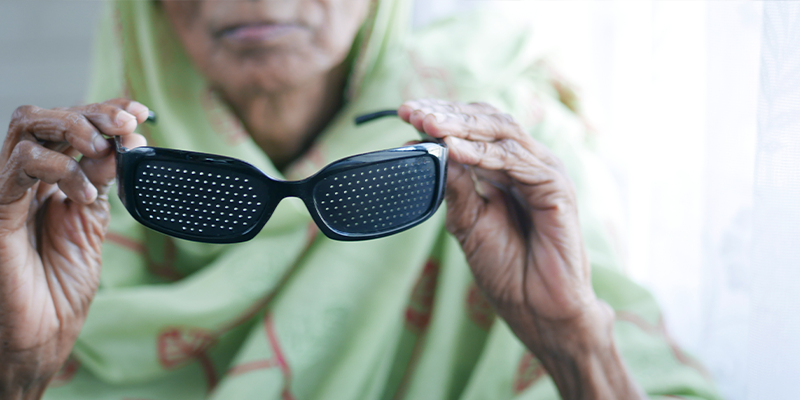
You may feel the sensation of a foreign object in the eye, or you might even experience some mild eye pain, itching, or light sensitivity after the operation. The doctor will prescribe you eye drops to take in order to prevent infection of the eyes and swelling thereof. During the initial phase of recovery, don’t rub your eye and avoid strenuous activities.
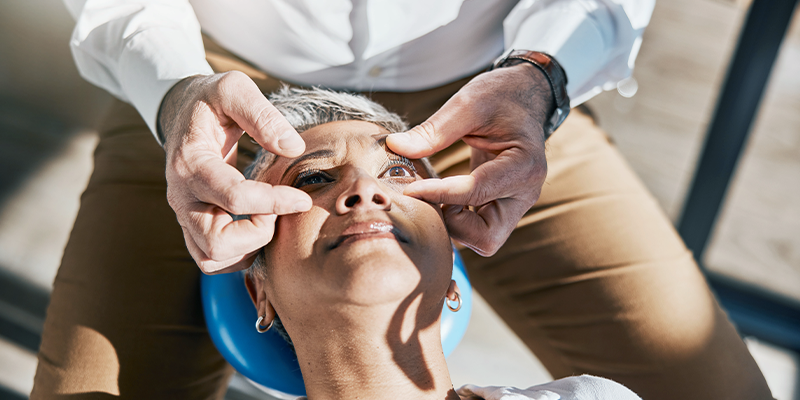
Regularly revisiting the site is very important as is following the recovery course. Most patients will notice an immediate improvement in their vision after the first few days, but some can take as long as eight weeks for complete recovery. The primary task is to follow your doctor's recommendations to ensure a smooth recovery.
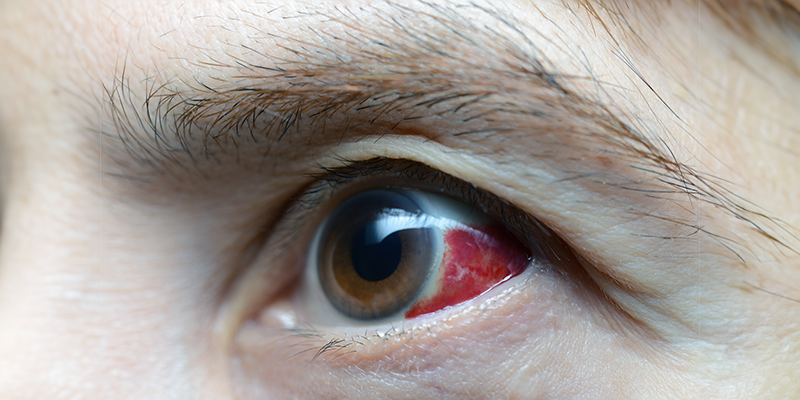
The risk of any surgery is a risk of infection, inflammation, bleeding, and swelling. The good news is that these complications are rare and most of them can be managed by medication.

In the rarest of cases, retinal detachment, glaucoma usually, or loss of vision are more severe complications that have taken place. Nonetheless, the medical industry has seen a distinctive minimization in the number of cases through advancements in the technology of surgery.
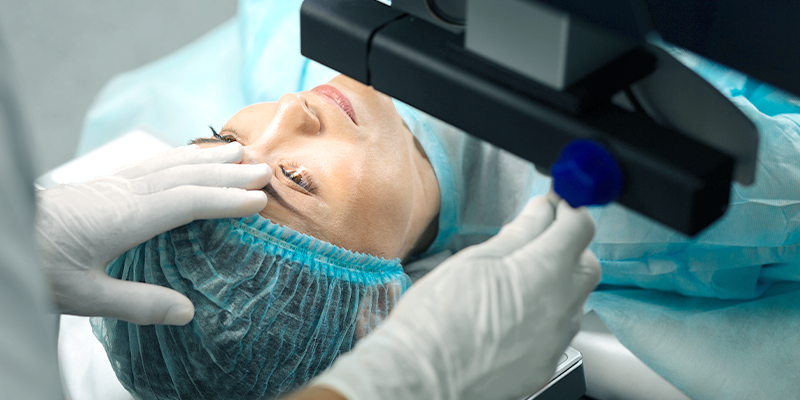
Laser surgery is superior to traditional methods in that it allows for more precision and accuracy. The laser is the one that makes the cuts and it does so in the most efficient way, hence faster healing and better results.

New advances in IOL technology, such as lenses that correct obstacles for multiple vision problems, like presbyopia and astigmatism, have come on the market. Through the multifocal and accommodating IOLs, one can use glasses less often after the surgery.
Cataract treatment has tremendously developed and today there is a great range of treatment options that can be used for vision restoration and quality of life improvement. Early detection and polite help are essential factors to deal with this widespread condition. For all people, regardless of whether they undergo lifestyle changes, eyeglasses, or advanced surgical techniques, there is always an answer.
Recovery time varies, but most patients see significant improvement in their vision within a few days. Full recovery typically takes about six to eight weeks, during which it's important to follow your doctor's instructions and attend all follow-up appointments.
Cataract surgery is generally not painful. Local anaesthesia is used to numb the eye, and you might be given a sedative to help you relax. You may feel some mild discomfort or pressure during the procedure, but it's usually brief and well-tolerated.
Once the cataract is removed, it cannot come back. However, some patients may experience a condition called posterior capsule opacification (PCO), which can cause vision to become cloudy again. This is easily treatable with a quick laser procedure known as YAG laser capsulotomy.
If left untreated, cataracts can lead to severe vision impairment or even blindness. This can significantly impact your quality of life, making daily activities like reading, driving, and recognizing faces challenging. Untreated cataracts can also increase the risk of falls and accidents.
While you can't completely prevent cataracts, you can reduce your risk by wearing sunglasses to protect your eyes from UV rays, eating a healthy diet rich in antioxidants, not smoking, limiting alcohol intake, and managing health conditions like diabetes and high blood pressure. Regular eye check-ups can also help detect cataracts early.
Address:
201 & 202 Elmer #Plot #563, Central Avenue, Corner of, 11th Rd, Chembur, 400071
Phone: 082917 14838
Timing: Mon-Sat- 10 a.m. To 8 p.m.
Address:
Near Risk Care Hospital, Near Makhamali Talao, LBS Marg, Thane, W, Mumbai, Maharashtra 400601
Phone: 02225441139
Timing: Mon-Sat- 11 a.m. To 8 p.m.